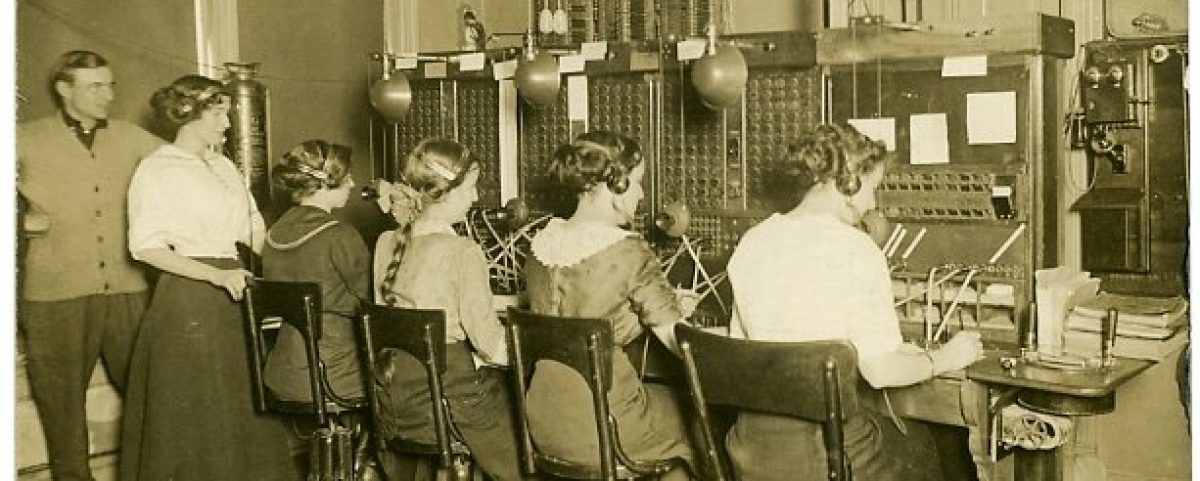Wilmington University has asked me to teach a new humanities course, African American Heritage and Culture, a local perspective. It runs this summer and I’m excited to be the professor for the new offering at the University. The course explores the multi-layered history of African Americans, from Harriet Beecher Stowe’s Uncle Tom’s Cabin to the Civil Right to Thrugood Marshall. Special emphasis is given to the local and regional impact of the African American Community. The class includes field trips and hands-on history walking tours, including sites on the Underground Railroad.
Category: Delaware
Delaware Public Archives, One of the Best Around
While wrapping up research at the Delaware Public Archives a few days ago, an attractive poster proclaiming October as national archives month caught my attention. This got me to thinking about how repositories such the one in Dover serve an important function, preserving governmental records, manuscripts, photographs, and others materials from the past. Unlike a regular library where most information comes from books and periodicals, researchers go to these places to gather firsthand facts, data, and evidence from original sources. The study of the past, whether it’s for a family history project or some scholarly matter, is greatly enhanced when we have strong repositories to protect, organize and provide access to priceless materials.
In Delaware, the public is particularly fortunate as the Hall of Records in Dover, a premiere spot for digging into the past with primary sources, is one of the best around. Whether someone is searching for relatives from generations ago, clues about an aspect of the community’s heritage or other elusive historical facts, there’s a good chance that those stacks hold some clues. It is one of the oldest special collections institutions in the nation, and there are over 4-million documents, 800,000-photographs, and 16,000-audio-visual holdings, according to a press release.
While the records are strong and First State researchers have an up-to-date facility, those vital factors aren’t the most impressive aspect of this state agency. What really stands out is the quality of the staff as they have some of the best archivists and support professionals around helping patrons sort through what is often confusing jumbles of records. Working with visitors, knowledgeable staffers patiently aid the novice and the professional alike, helping develop search strategies, find records and untangle the meanings of those documents as they track down elusive facts. Often when I’ve been stumped by something the staff has helped me successfully mine sources created centuries ago, directing me to materials and sharing the intricacies of how to work with those old manuscripts. That practice is simply the norm every day for every visitor at the Delaware Public Archives as the staff maintains vital historical records, which strengthens collective memory and effectively preserves the heritage of the First State.
That poster from a few days ago reminded about the value of these places and what an asset researchers have in the Delaware Public Archives.
Participating in Focus Group Examining Services at the Delaware Archives
The Delaware State Archives is currently updating its long range plan for delivering patron services. As part of that internal examination, the staff assembled panels of stakeholders to discuss the strengths, weaknesses and opportunities of this excellent public repository. The institution will use insights gained from this examination to assist in framing an updated strategic plan. It was a pleasure to participate in this process with a group of advanced archives users helping with the repositories planning initiative this past Wednesday.
Examining the Democratization of Information With Scholars From Phi Theta Kappa
Last Friday evening I was the keynote speaker for Phi Theta Kappa’s Middle States Region Convention in Long Beach, NJ. Established in 1918, the Society recognizes and encourages academic achievement of two-year college students and provide opportunities for individual growth and development through honors, leadership, and service. Students must rank in the top 20 percent of their class to join.
The Mississippi headquartered organization puts “honors in action” by examining some intellectual subject of current interest during each convention. This year, the Society concentrated on the “democratization of information: power, peril and promise.” As the eager scholars kicked off their investigation of this subject, I introduced the history of mass media in a program called, “ This Just In: When Radio, Television and Mass Media Came of Age.”
There were about 200 energetic scholars inside the convention hall. They’d traveled from throughout the Mid-Atlantic for the 24th convention and they were eager to exchange ideas, views and opinions as they started their scholalry ivestigation of this important 21st century issue.

